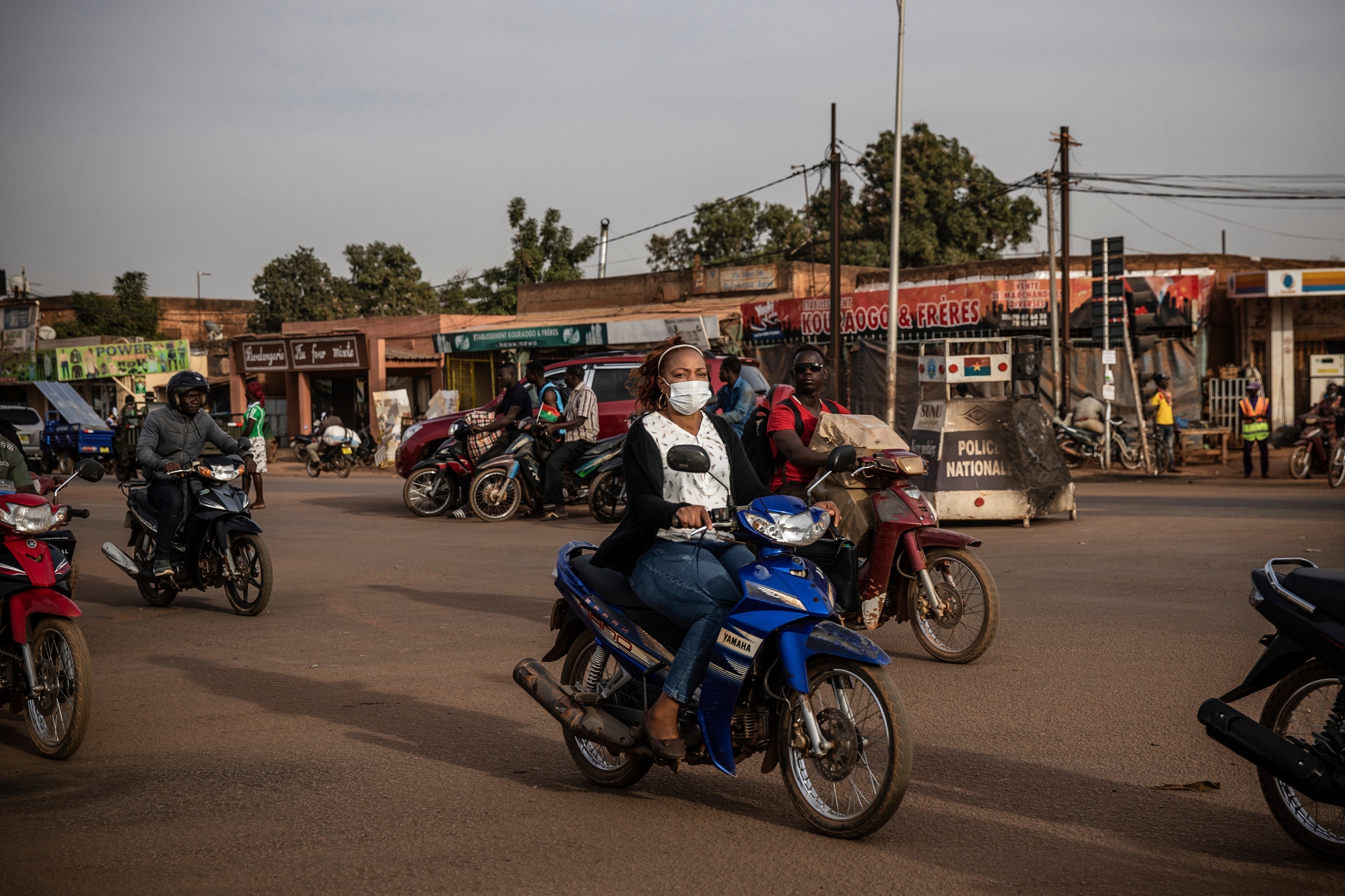Burkina Faso's military junta sacks the prime minister and dissolves the government
Burkina Faso’s ruling military junta has issued a decree dismissing Prime Minister Apollinaire Joachim Kyelem de Tambela and announcing the dissolution of the national government

Burkina Faso’s ruling military junta issued a decree Friday dismissing Prime Minister Apollinaire Joachim Kyelem de Tambela and announcing the dissolution of the national government.
The military's leader, Ibrahim Traore, said officials in the dissolved government will continue to perform their duties until a new government is formed. No reason was given for the move.
The junta in Burkina Faso seized power in September 2022 by ousting the military rule of Lt. Col. Paul Henri Sandaogo Damiba about eight months after it staged a coup to remove democratically elected President Roch Marc Kaboré.
The country is one of several West African nations where the military has recently taken over, capitalizing on popular discontent with previous democratically elected governments over security issues.
However, since its inception, the junta has struggled to end Burkina Faso’s security challenges — the very reason that it claimed had prompted it to take power.
Growing attacks by extremists linked to al-Qaida and the Islamic State group have devastated Burkina Faso where thousands have been killed in recent years and more than 2 million people have been displaced, half of them children.
The unrest has pusheding tens of thousands to the brink of starvation. Around half of Burkina Faso’s territory remains outside of government control, analysts say.
The country's transitional government has been running under a constitution approved by a national assembly that included army officers, civil society groups and traditional and religious leaders.
Under pressure from West Africa's regional bloc known as ECOWAS, the junta had set a goal to conduct an election in July to return the country to democratic rule. However, in May it extended its transition term for five more years, the duration of one presidential term.
Alongside the coup-hit nations of Niger and Mali, Burkina Faso has severed ties with longstanding Western and regional partners, including former colonial ruler France and the regional bloc of ECOWAS, which they quit early this year.
Bookmark popover
Removed from bookmarks